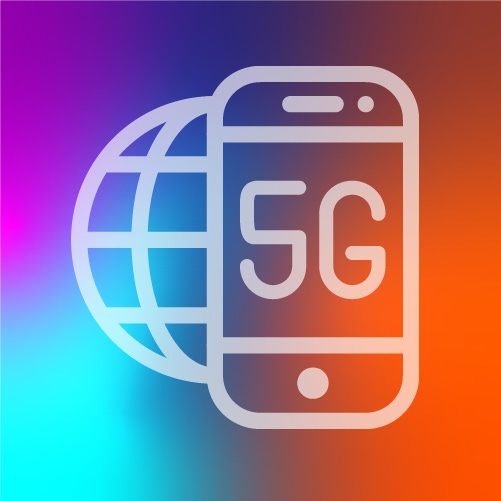
In the midst of the Great Resignation is a great skillset shortage – 33% of top network engineering and operations roles aren't equipped with the skills to address emerging telecom trends – in particular, 5G and open RAN – according to a recent report by Eightfold AI.
In its analysis of a global dataset of 500,000 publicly available profiles from telecom companies, Eightfold AI, which runs an artificial intelligence platform for workforce recruitment and retainment, found that telecom companies need more employees skilled in construction and cybersecurity fields, for example.
"Where telecoms boast a significant number of network and field technicians, which are declining in prevalence, they lack construction managers and cybersecurity engineers, which are in higher demand," according to the report.
Eightfold AI explains that the skills gap is an immediate issue that telecom companies need to address – within the next two years – to prepare for trends such as 5G and IoT, cloud and edge computing, big data and AI, SDN and SASE and open RAN. Of these trends, the report identified that the telecom industry is better positioned to deploy new capabilities around cloud and edge computing, as well as big data, but among the lowest areas of talent readiness are 5G and open RAN.
"By looking at historical capability trends from the emergence of LTE and HSPA, for example, we can see that telecoms have a short window of one to two years to build 5G capabilities, as providers accelerate 5G expansion and even prepare for 6G capabilities that will contribute to making emerging trends like the metaverse phenomenon a reality," according to the firm.
To keep pace with these trends, telecom companies need to upskill and reskill the current workforce; identify career paths with future skills in mind; and hire for potential, according to the report.
By "hiring for potential," telecom companies could "increase their workforces by nearly threefold in areas such as 5G, cloud computing, and Python. This increases to nearly 4 times for future skills like agile methodologies," said Eightfold AI.
In addition, adjacent skills, which are skills related to those a worker already has, will also be important to develop.
"Edge computing, for example, is a future skill. Adjacent skills include cloud computing, LTE and wireless technologies. People with adjacent skills are in a good position to move to future-ready roles."
By developing adjacent skills, employees can segue into more in-demand roles, such as cyber security engineers, cloud engineers and performance engineers, said the report.
The Economic Times also recently reported on recruiters' increased emphasis on skills and experience over academic qualifications in the tech industry. "Since the beginning of the pandemic, we have been seeing the Great Resignation, but it is equally true that companies - right from smaller startups to large MNCs (multinational corporations) - are finding it hard to attract and retain good tech talent," said Abhimanyu Saxena, co-founder, Scaler and InterviewBit, told the Economic Times. Tech companies are heavily investing in learning and development programs, weighing the importance of skills over academic qualifications, adds Saxena.
— Kelsey Kusterer Ziser, Senior Editor, Light Reading
About the Author(s)
You May Also Like











